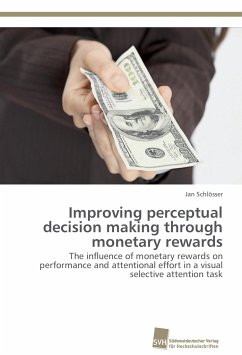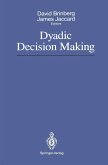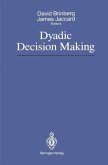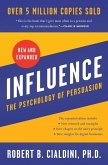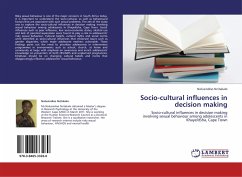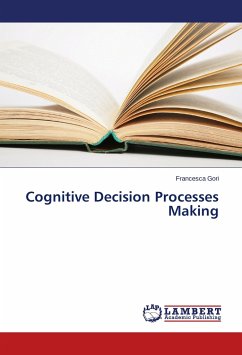Intuitively, most people assume that offering monetary rewards is a good way to motivate others to increase their performance. In contrast to this assumption, however, the experimental evidence is mixed: although rewards do sometimes increase performance, the most common result is that they do not have any measurable effect at all. In the present work, this issue is investigated in the context of visual perceptual decision making. Using a two-alternative forced-choice paradigm, it is demonstrated over the course of 6 experiments that rewards can and do improve performance, although this requires rather specific conditions.
Bitte wählen Sie Ihr Anliegen aus.
Rechnungen
Retourenschein anfordern
Bestellstatus
Storno

